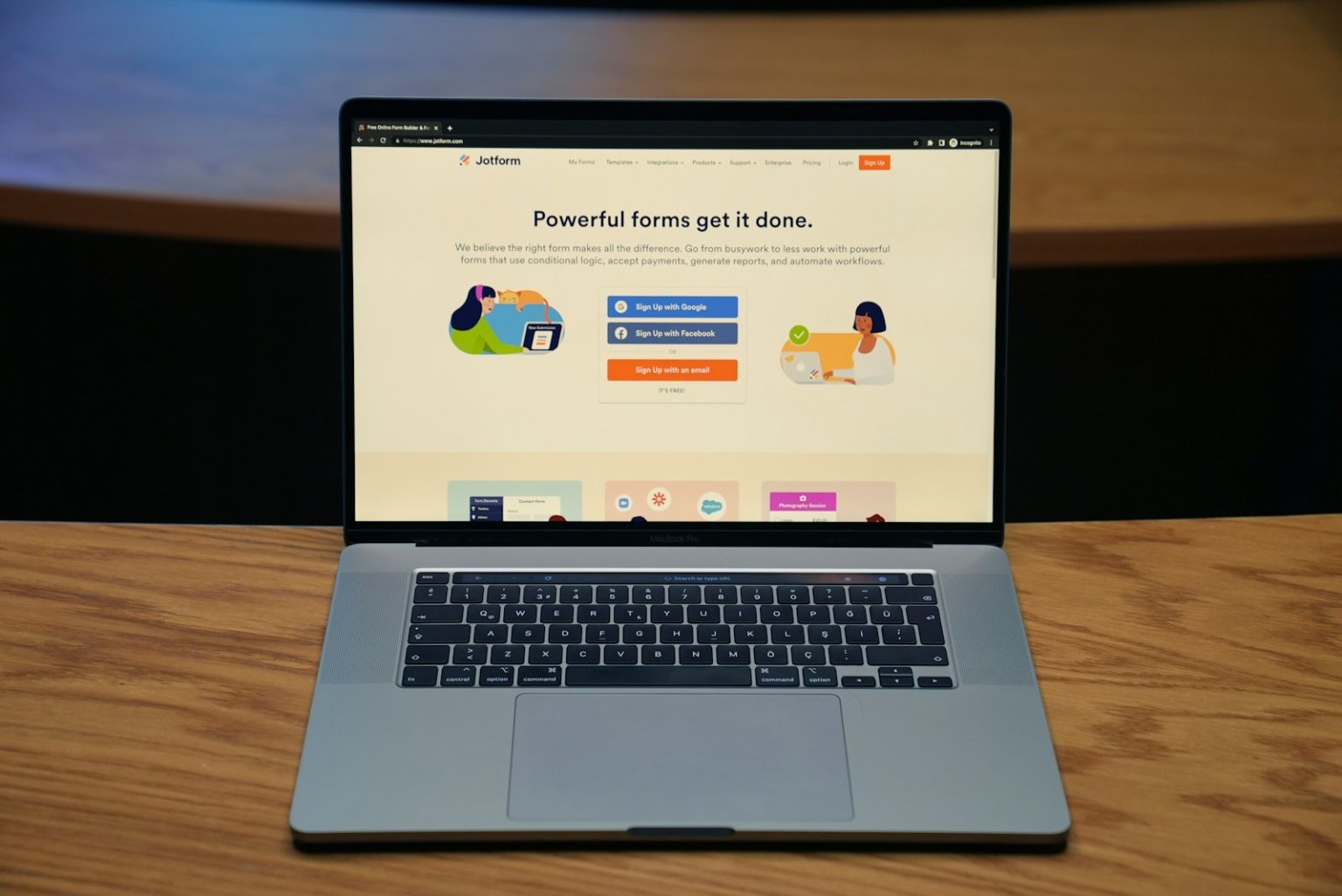If you’re self-employed, understanding your tax responsibilities is crucial. This guide will help you navigate the various tax forms you’ll need to file, ensuring you stay compliant while maximizing your deductions. From reporting your income accurately to understanding your tax obligations, we’ll cover everything you need to know to make tax season easier.
Key Takeaways
- Self-employed individuals typically use Form 1040 to report their income.
- Schedule C is essential for reporting profits or losses from a business.
- Form 1099-NEC is used to report income received from clients.
- You may need to pay self-employment tax using Schedule SE if your income exceeds $400.
- Deductions can significantly lower your taxable income, so keep track of all business expenses.
Understanding Self-Employment and Tax Obligations
Defining Self-Employment
Being self-employed means you work for yourself instead of for someone else. This can include being a freelancer, running your own business, or even doing side gigs. I find it empowering to be my own boss, but it also comes with responsibilities.
Types of Self-Employment
There are several ways to be self-employed:
- Freelancers: People who offer services on a project basis.
- Sole proprietors: Individuals who own their own business.
- Independent contractors: Those who work for clients without being an employee.
Tax Responsibilities for the Self-Employed
When you’re self-employed, you have specific tax duties:
- File a tax return: Most self-employed individuals need to file Form 1040.
- Pay self-employment tax: If you earn more than $400, you must pay self-employment taxes using Schedule SE.
- Keep track of income and expenses: This helps in reporting accurately and maximizing deductions.
Being self-employed can be rewarding, but it’s crucial to stay informed about your tax obligations to avoid surprises.
In summary, understanding what it means to be self-employed and the related tax responsibilities is essential. It helps me manage my finances better and ensures I meet all legal requirements. Remember, if you’re self-employed, your taxes can be complicated, so consider using the best tax software for the self-employed of 2024 to help you navigate through it all!
Essential Tax Forms for Self-Employed Individuals
When I think about filing taxes as a self-employed person, there are a few key forms I need to keep in mind. These forms help me report my income and expenses accurately. Here’s a breakdown of the essential tax forms I use:
Form 1040: U.S. Individual Tax Return
This is the main form I file, even if I’m self-employed. It’s where I report my total income and claim deductions. Most people use this form, and it has different sections for various types of income.
Schedule C: Profit or Loss from Business
As a sole proprietor, I need to fill out Schedule C. This form helps me report all my business income and expenses. It has two main parts:
- Income: I list all payments I received from clients.
- Expenses: I categorize my expenses, like advertising and supplies.
Schedule SE: Self-Employment Tax
If I earn more than $400 from self-employment, I must file Schedule SE. This form calculates my self-employment tax, which covers Social Security and Medicare. It’s important because I can also deduct half of this tax when I file my Form 1040.
Remember, keeping accurate records of my income and expenses is crucial. It helps me avoid mistakes and ensures I pay the right amount of tax.
In summary, these forms are essential for anyone self-employed. They help me stay organized and compliant with tax laws. If I’m ever unsure, I can always consult a tax professional for guidance!
Reporting Income Accurately
Using Form 1099-NEC
When I work as a self-employed individual, I often receive a Form 1099-NEC from my clients. This form shows how much they paid me during the year. If I earned more than $600 from a client, they are required to send me this form. It’s crucial for me to compare the amounts on the 1099-NEC with my own records to ensure everything matches up. This helps me avoid any surprises when I file my taxes.
Tracking All Sources of Income
To report my income accurately, I make sure to track all the money I earn. Here are some steps I follow:
- Keep detailed records of every payment I receive.
- Use accounting software or a simple spreadsheet to organize my income.
- Regularly review my records to catch any missing payments.
By staying organized, I can confidently report my income without missing anything important.
Avoiding Common Reporting Mistakes
I’ve learned that there are some common mistakes to avoid when reporting income:
- Forgetting to include all sources of income, like side gigs or freelance work.
- Misreporting amounts from Form 1099-NEC.
- Not keeping proper documentation for my earnings.
Keeping accurate records and double-checking my forms helps me avoid issues with the IRS. I want to ensure that my tax filings are correct and complete.
Deductions and Credits for the Self-Employed
As a self-employed individual, understanding the deductions and credits available to me is crucial for reducing my tax bill. These deductions can significantly lower my taxable income. Here are some key deductions I can take advantage of:
Home Office Deduction
- If I use part of my home exclusively for business, I can deduct related expenses.
- This includes a portion of my mortgage, utilities, and repairs.
- I can choose between the actual expense method or a simplified method based on square footage.
Qualified Business Income Deduction
- I may be eligible to deduct up to 20% of my business income, known as the Qualified Business Income Deduction (QBID). This deduction is a great way to lower my taxable income, but I need to check the specific rules to ensure I qualify.
Other Common Deductions
- Self-Employment Taxes: I can deduct half of my self-employment taxes.
- Health Insurance Premiums: If I pay for my health insurance, I can deduct those costs directly from my income.
- Business Expenses: Ordinary and necessary expenses, like supplies and software, can also be deducted.
Understanding these deductions helps me keep more of my hard-earned money. Staying organized throughout the year makes tax season much easier!
Navigating Estimated Tax Payments
What Are Estimated Taxes?
As a self-employed individual, I often find myself needing to make estimated tax payments. These are payments I make to the IRS throughout the year instead of waiting until I file my tax return. This helps me avoid a big tax bill at the end of the year. Generally, I should make these payments if I expect to owe at least $1,000 in taxes after subtracting my withholdings and credits.
How to Calculate Estimated Taxes
Calculating my estimated taxes can seem tricky, but it’s manageable. Here’s how I do it:
- Estimate my total income for the year.
- Subtract any deductions I expect to claim.
- Multiply my taxable income by my tax rate to find out how much I owe.
- Divide that amount by four to determine my quarterly payments.
Deadlines for Estimated Tax Payments
I need to keep track of when my estimated tax payments are due. Here’s a quick list of the deadlines:
- April 15 for the first quarter
- June 15 for the second quarter
- September 15 for the third quarter
- January 15 of the following year for the fourth quarter
Staying on top of these deadlines is crucial. Missing a payment can lead to penalties, which I definitely want to avoid!
Special Considerations for Joint Business Owners
When my spouse and I decided to start a business together, we quickly learned that there are some unique tax rules for joint owners. Here’s what I found out:
Filing as a Qualified Joint Venture
If my spouse and I are the only ones working in our business, we can choose to file as a qualified joint venture. This means we can each file our own Schedule C forms, splitting all income and expenses. This can simplify our tax process.
Splitting Income and Expenses
When filing, it’s important to keep track of how we split our income and expenses. Here are some key points to remember:
- Each of us reports our share of the income on our individual tax returns.
- We need to keep good records of all business transactions.
- It’s helpful to have a clear agreement on how we divide costs and profits.
Implications for Tax Reporting
Filing as a joint venture can have some benefits, but it also means we need to be careful:
- We must ensure that both of our tax returns are accurate and consistent.
- If we make a mistake, it could lead to issues with the IRS.
- We should consider consulting a tax professional to help us navigate the rules.
Being aware of these special considerations can help joint business owners like us avoid common pitfalls and make tax season less stressful.
In summary, understanding how to file as a joint venture can make a big difference in our tax experience. It’s all about keeping things organized and clear between us!
Final Thoughts on Self-Employment Tax Forms
In conclusion, if you’re self-employed, understanding which tax forms to use is crucial for managing your finances. You’ll primarily need Form 1040, along with Schedule C and possibly Schedule SE, to accurately report your income and expenses. Remember, keeping good records of your earnings and expenses will make filing easier and help you maximize your deductions. If you’re ever unsure about the forms you need, don’t hesitate to seek advice from a tax professional. Staying informed and organized can make tax season much less stressful.
Frequently Asked Questions
What tax forms do I need if I’m self-employed?
If you’re self-employed, you’ll usually need to fill out Form 1040, along with Schedule C to report your business income and expenses. You may also need Schedule SE for self-employment tax.
How do I report my income as a freelancer?
As a freelancer, you should report your income using Form 1099-NEC if you earn $600 or more from a client. Make sure to keep track of all your income sources.
Can I deduct expenses from my self-employment income?
Yes, you can deduct certain expenses that are necessary for your business. This includes things like office supplies, travel costs, and home office expenses.
What are estimated taxes and do I need to pay them?
Estimated taxes are payments made quarterly to cover your tax bill. If you expect to owe $1,000 or more when you file, you usually need to pay estimated taxes.
How does self-employment tax work?
Self-employment tax covers Social Security and Medicare taxes. If you earn $400 or more in self-employment income, you must pay this tax using Schedule SE.
What should I do if I receive a 1099-NEC?
If you receive a 1099-NEC, it means your client reported what they paid you. You need to include this income when you file your taxes using Schedule C.







